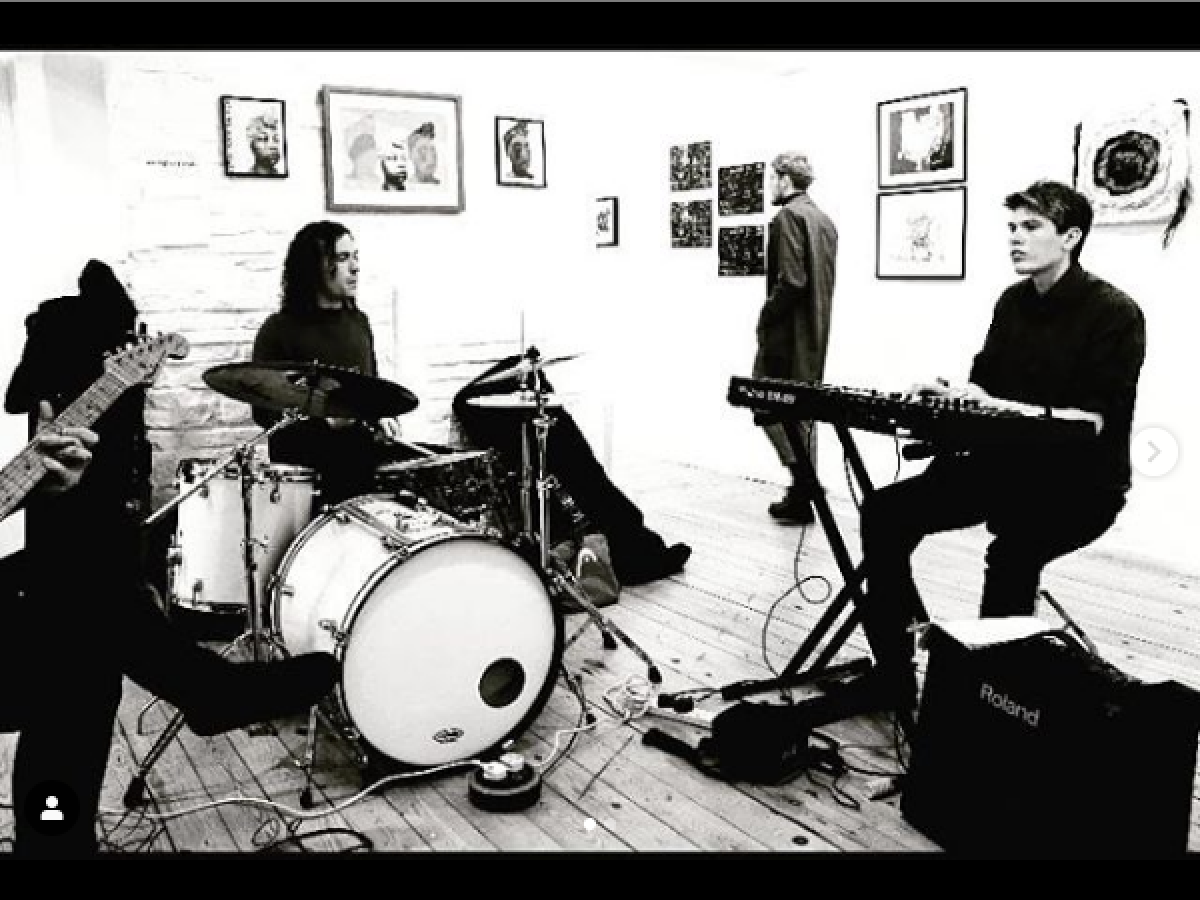Jamaica is a place of breathtaking natural beauty. However, it is also a country steeped in a history of violence and brutality. The pioneer of this was Christopher Columbus who ‘discovered’ the island in 1494 and proceeded to either slaughter the Arawak population that already lived there or sell them into slavery. From 1517 onwards the island was increasingly populated by transported slaves. Britain seized control from Spain in 1655 and set about an even more intense process of exploitation. By the end of the 18th century over 300,000 slaves inhabited the island and by the time slavery ended in 1839, 42 percent of sugar exported to Britain came from Jamaica. It was a lucrative business for those who owned and controlled this wealth. For the captive population, though, it was a life of unmitigated misery. The cruel hypocrisy of this colonial rule is a constant theme of Marley’s work.
It was into this society at the end of British imperial rule that Robert Nesta Marley was born on 6 February 1945. His father was a white British naval officer who Marley never knew, his mother, Cedella Booker, a poor cleaning woman in her teens. As a child growing up in Trench Town he experienced the crippling poverty that was the legacy of British imperial rule.
Jamaica finally gained its independence in 1962. However, an economy now based on bauxite mining and tourism brought little prosperity or equality. By the middle of the 1970s 80 percent of the island’s wealth was owned by just 2 percent of the population and 24 percent of adults were unemployed. Despite having his first number one hit in Jamaica in 1964, Marley was one of the many trapped in this cycle of poverty. Over the next decade he earned barely £200 from his music and was forced to work as a welder and hotel janitor. It was not until wealthy white Jamaican Chris Blackwell offered the Wailers a lucrative contract with Island Records in 1972 that fame and fortune came Marley’s way.
Marley was an immensely political figure despite his protestations to the contrary. He was certainly regarded as such by those jockeying for power and influence in Jamaica. By 1976 he was well on his way to international stardom. As a result he was also becoming an increasingly influential figure in Jamaican society. In November of that year, two days before the Wailers were due to perform at a rally organised by the Peoples National Party (PNP) during a fractious general election campaign, Marley and his wife Rita were shot and wounded. Two years later he famously brought Michael Manley and Edward Seaga, the respective warring leaders of the PNP and the Jamaican Labour Party, together at a One Love Peace concert in Kingston. He was probably the only person who could have achieved this in a country dominated by corrupt, divisive and often violent patronage.
He railed against injustice and inequality, incorporating the words of a brilliant speech Selassie had delivered at the United Nations in 1963 into his song ‘War’. He distrusted politicians: ‘Never make a politician grant you a favour. They will always want to control you forever.’ He hated the police – ‘uniforms of brutality’ – and he was clear which side he was on: ‘If you are the big tree, we are the small axe, coming to cut you down.’
The militant message and call to arms was mixed with calls for peace and love and an ultimate belief that faith in Jah would lead to the exodus of his followers from Babylon to salvation in Ethiopia. Music itself was a key means by which this transformation and transportation would occur.
‘Emancipate yourselves from mental slavery
None but ourselves can free our minds…
Won’t you help to sing these songs of freedom
Cause all I ever had, redemption songs.’
– Bob Marley Redemption song
Social and political influences of reggae
Reggae is strongly associated with Rastafari, variously considered as a social movement, a religious cult and a youth subculture which emerged out of Jamaica in the 1950s. Rastafarianism preaches the divinity of Haile Selassie of Ethiopia, characterises white domination as ‘Babylon’, and advocates a black return to Africa. The use of Marijuana is also given Religious significance. Reggae plays a major role in communicating the ideals of the movement , through reggae artists acting as role models, and through the themes and lyrics of music.
As well as Marley being hugely influenced by Rastafarianism the two other original members of The wailers, Peter Tosh and Bunny Livingston were also hugely inspired by the beliefs of the Rastafari.
This can be seen in the single below which was recored after Peter Tosh split from Bob Marley and the wailers and began on his own solo career path.
